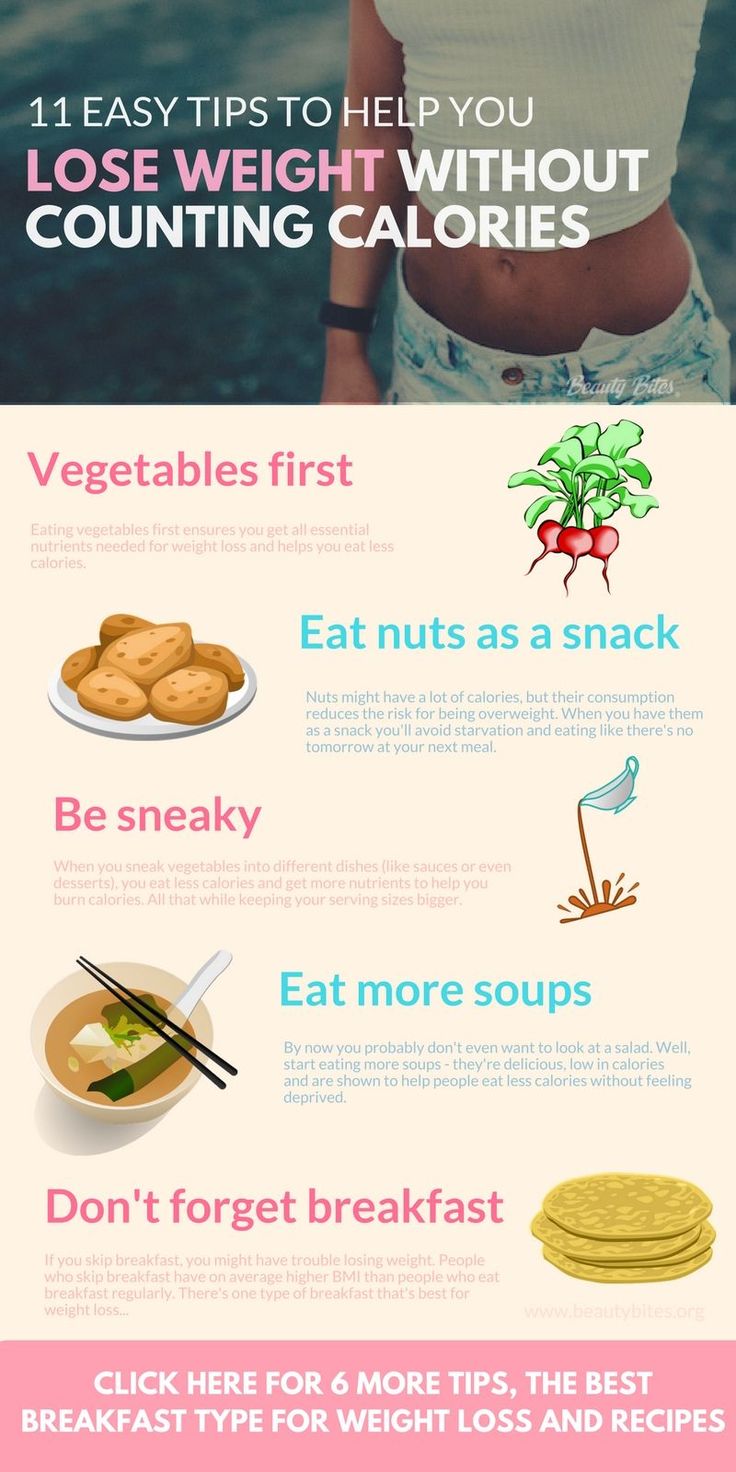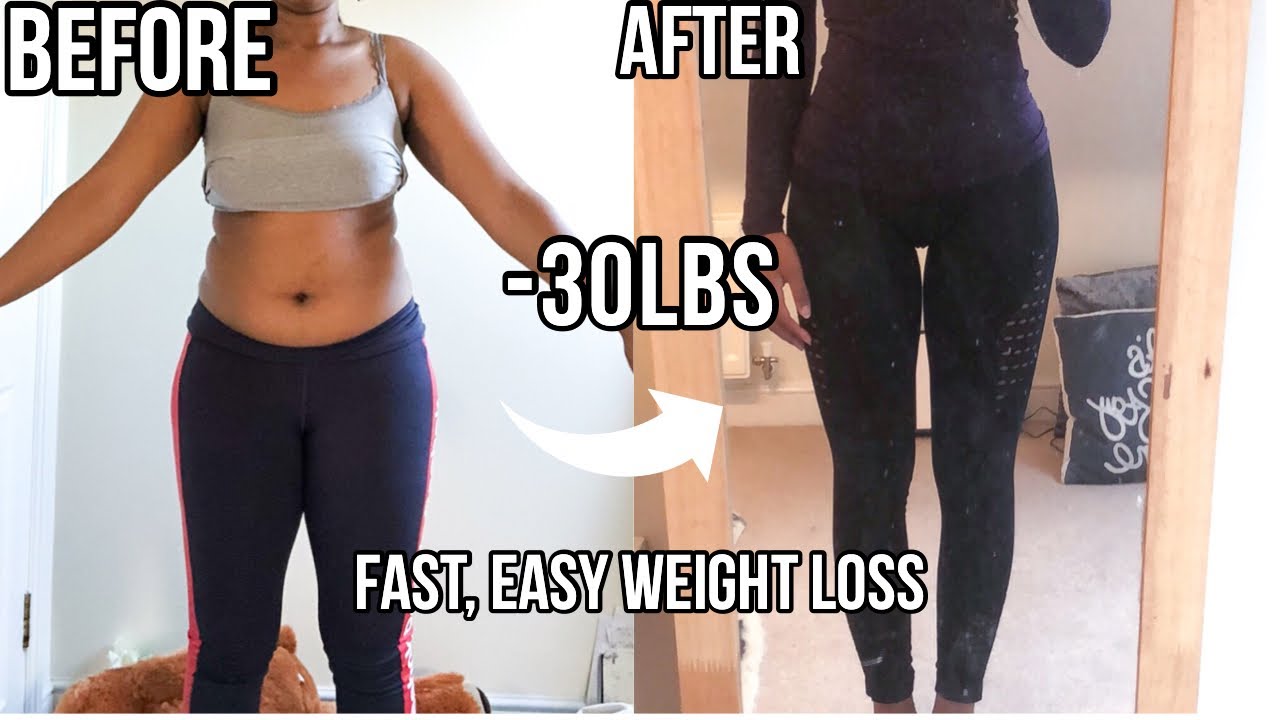
You will need to figure out how many steps you should take each day if you want to lose weight. At least 10,000 steps per day can help you lose up to 3,500 calories. You can burn calories and improve your mood.
3,500 calories are burned per 10,000 steps.
Walking a minimum of 10 000 steps per day can help you lose weight, and maintain your fitness. A walk for 30 minutes per day can reduce blood pressure, improve sleep quality, and lower depression. California State University has found that people's moods are strongly correlated with daily walking. Walking outdoors can help you get your daily vitamin D.

To lose 3,500 calories and maintain your body weight, you should walk at least 10,000 miles per day. Getting beyond this amount will require you to do exercises that burn more calories than walking. It's a great incentive to keep moving with a fitness tracker. However, if you're having trouble getting to the target, it's best to speak to a doctor about your goals before increasing your activity level.
It boosts heart health
According to the American Heart Association, adults should get 150 minutes of moderate exercise per week. This amounts to about two and half hours of moderate exercise per week or about half an hour each day. Even though this might not seem like much, studies have shown that it can improve heart health. It doesn't need a fancy fitness tracker.
Although the benefits of increasing your step count are not immediate, they can be very beneficial. It takes more than a single 30 minute walk or brisk walk to see significant improvements in heart health. According to research by the Heart Foundation, walking two minutes per hour can dramatically lower insulin, blood sugar, fat and blood glucose levels. It also encourages you to find other ways to include activity in your day.
It reduces risk of developing illnesses
Researchers found that 10,000 steps per day reduces the risk of developing diseases and other health problems. Researchers from the Centers for Disease Control and Prevention, National Institute on Aging, and other organizations conducted this study. The results showed that people who took a higher number of daily steps also had a reduced risk of dying prematurely. The researchers also found that higher steps rates lowered the risk of developing heart disease, dementia, and cancer.

The study surveyed 78.500 adults in the UK. 7 years later, it linked step count data and health outcomes. Participants were equipped with wrist accelerometers that measured their physical activity. The data could be linked to their medical records and death and cancer registers.
FAQ
What is the best way to exercise when you are busy?
You can stay fit by exercising at home. You don't need to join any gym. You don't need to spend a lot of money on expensive equipment to do basic exercises at home.
All you need is a pair dumbbells, mat, chair, and a timer.
You must be consistent with your training. You may lose motivation if you skip a few days.
A great way to start off would be to try lifting weights three times per week. This could include squats, lunges, push-ups, pull-ups, dips, curls, etc.
Once you have mastered these basic movements, you can move on other types of exercises such as running, jumping rope, skipping, yoga, Pilates, dancing, cycling, swimming, weight training, tennis, golf, hiking, basketball, football, soccer, volleyball, badminton, squash, etc.
Choose the one that fits your lifestyle. You might avoid exercising if your work hours are long.
If you're a night-owl, you might consider working out in the evenings rather than in early morning.
Be aware of your body and rest when you feel tired.
What can I drink in the morning while intermittent fasting?
It is a good idea to drink water early in the day. It will help you feel fuller, faster, and it will give you energy throughout your day. For more flavor, add lemon juice and cucumber slices.
How long should I do Intermittent fasting to lose weight?
It's not as easy to answer as you might think. There are many factors that need to be taken into consideration when deciding how many days of fasting is necessary for optimal fat loss. These are:
-
Your age. You may find intermittent fasting too difficult if you're younger (under 40) because you have less time between fasts. You may not have enough energy for a sustained period of daily fasting if you are older (over 60).
-
Your current body composition. A longer period of fasting is more beneficial for those with a lot of muscle mass. However, if you have little muscle mass, then shorter periods of fasting may be better suited for you.
-
How physically active. To ensure adequate rest between workouts, you might need to extend your fasting period if you exercise frequently.
-
Your health history. Some people with medical conditions like diabetes, heart disease, cancer, etc., may require additional fasting monitoring.
-
What is your tolerance for stress? Stressful situations can make us eat more. To avoid this problem, you may need to increase the length of your fasting windows.
-
Which type of diet you choose. Certain diets, like ketogenic diets, may require even longer fasting periods.
-
Your quality of sleep. Lack of sleep has also been linked to increased appetite and decreased metabolism. It may take some trial and error before you find the right combination.
-
The amount you eat of protein. A higher intake of protein may result in lower blood sugar levels. This will allow you to fast longer.
-
Individuals who are trying lose or gain weight will require longer fasting times than those who are trying.
-
What percent of your daily calories are you consuming during your fasting time? Fasting for fewer calories a day can result in more fat loss than fasting to eat more calories a day.
-
Your overall fitness level. People who are fit and fast burn more calories per day.
-
Your gender. Men typically have larger appetites than women, so they may need to fast for slightly longer periods of time. Women generally have smaller appetites, so they may only need to fast for about 20-30 minutes every morning.
-
Your lifestyle. Are you someone who gets plenty of physical activity? Do you do a lot of exercise each week? Does your job involve sitting at a desk all day long? These factors could affect how much you should fast.
-
How much do you spend per month on food? It doesn't always mean that you should spend a lot of money on groceries if you eat healthy foods. You can save money by buying whole grains instead of white bread, fruits instead of candy bars, and lean meats instead of fatty cuts.
-
You need to be able to control your hunger. You don't have to skip meals if you don’t want to.
Are there side effects to intermittent fasting
Intermittent fasting is safe and has no side effects. However, if you don't plan properly, you might experience some minor issues.
For example, if you skip breakfast, you might be irritable all day long. Headaches, dizziness, fatigue and muscle cramps are all possible.
These symptoms often disappear within a few hours.
Statistics
- A 12-week study in 20 women with obesity found that walking for 50–70 minutes 3 times per week reduced body fat and waist circumference by an average of 1.5% and 1.1 inches (2.8 cm), respectively (healthline.com)
- According to Harvard Health, it's estimated that a 155-pound (70-kg) person burns around 167 calories per 30 minutes of walking at a moderate pace of 4 mph (6.4 km/h) (5). (healthline.com)
- It's estimated that half of all American adults attempt to lose weight every year (1Trusted (healthline.com)
- One study in 9 active men found that HIIT burned 25–30% more calories per minute than other types of exercises, including weight training, cycling, and running on a treadmill (18Trusted Source (healthline.com)
External Links
How To
How to Intermittent Fasting
Intermittent eating is a way to lose weight that you only have one day of the week. It's usually Monday through Thursday. This allows you to reduce your calorie intake and still get adequate nutrition. It's believed that this helps burn fat faster than if you were eating normal meals throughout the entire week.
The most common type of IF is to restrict calories on specific days of the week. This means that you might skip breakfast every day and then indulge in whatever food you desire throughout the day. You can also opt to eat three small meals a day instead of two large.
Many forms of intermittent fasting are available, such as alternate day fasting (5/2 fasts), 8/4 fasts and 16/8 fasts. There are pros as well as cons to each form of intermittent fasting. Alternate day fasting is the easiest way to start out because you don't have to make any major changes to your lifestyle. However, not everyone can stick to a rigid schedule. They might prefer to experiment with other methods.
If you want to try intermittent fasting, I suggest starting with alternate-day fasting. This will allow to slowly transition to more extreme fasting regimens without drastically changing your lifestyle.